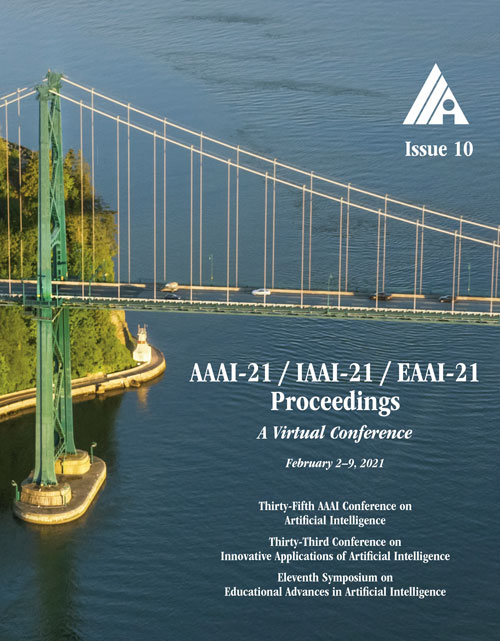Lenient Regret for Multi-Armed Bandits
DOI:
https://doi.org/10.1609/aaai.v35i10.17082Keywords:
Online Learning & BanditsAbstract
We consider the Multi-Armed Bandit (MAB) problem, where an agent sequentially chooses actions and observes rewards for the actions it took. While the majority of algorithms try to minimize the regret, i.e., the cumulative difference between the reward of the best action and the agent's action, this criterion might lead to undesirable results. For example, in large problems, or when the interaction with the environment is brief, finding an optimal arm is infeasible, and regret-minimizing algorithms tend to over-explore. To overcome this issue, algorithms for such settings should instead focus on playing near-optimal arms. To this end, we suggest a new, more lenient, regret criterion that ignores suboptimality gaps smaller than some ε. We then present a variant of the Thompson Sampling (TS) algorithm, called ε-TS, and prove its asymptotic optimality in terms of the lenient regret. Importantly, we show that when the mean of the optimal arm is high enough, the lenient regret of ε-TS is bounded by a constant. Finally, we show that ε-TS can be applied to improve the performance when the agent knows a lower bound of the suboptimality gaps.Downloads
Published
2021-05-18
How to Cite
Merlis, N., & Mannor, S. (2021). Lenient Regret for Multi-Armed Bandits. Proceedings of the AAAI Conference on Artificial Intelligence, 35(10), 8950-8957. https://doi.org/10.1609/aaai.v35i10.17082
Issue
Section
AAAI Technical Track on Machine Learning III

